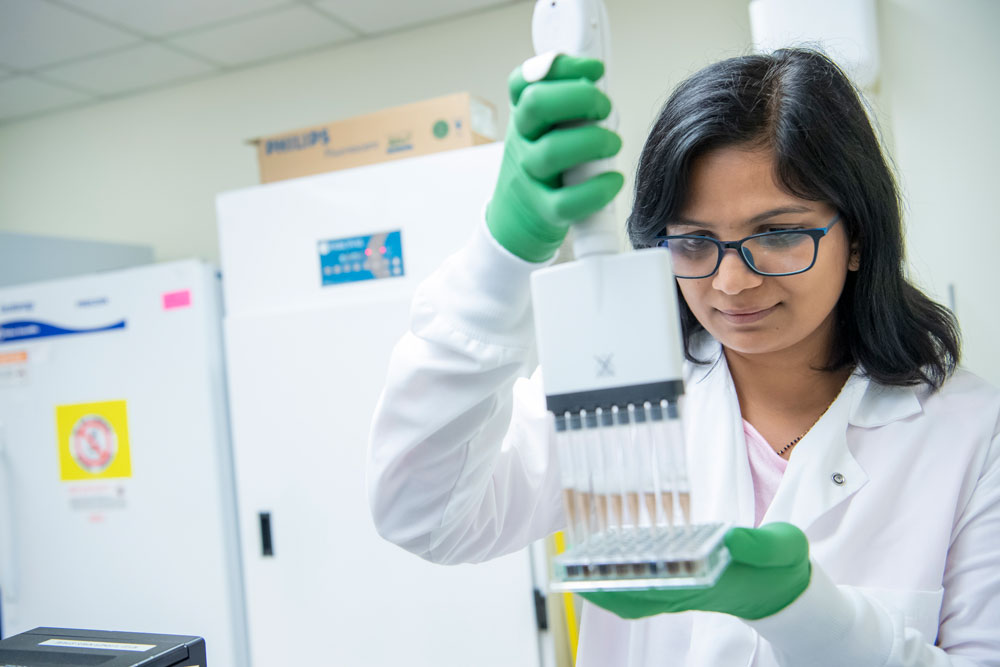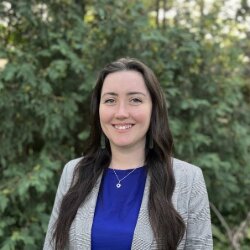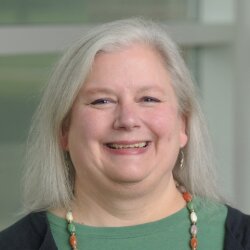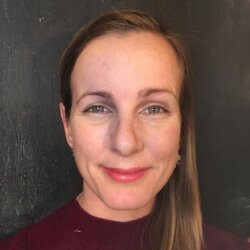Protect state and local wetlands by becoming well-versed in their ecology, function, and policy in just two semesters of online coursework.
Credential Type
Graduate Certificate - Coursera Based
Cost (2026)
$9,336
Delivery Format
Online
Program Length
12 Credit Hours (24 weeks of coursework)
Enrollment
Fall or Spring
Eligibility Criteria
Bachelor's degree required

Benefit 1
Master foundational knowledge of wetland ecosystems.
Benefit 2
Acquire skills in wetland conservation and restoration.
Benefit 3
Navigate wetland policies and engage diverse stakeholders.
Overview
This online graduate certificate is for current and aspiring conservation professionals who want to study and practice wetland conservation. The 2023 Sackett v. U.S. Environmental Protection Agency Supreme Court decision changed wetland policy authority from the federal to state and local levels. With this change, wetland scientists are critical for protecting these valuable ecosystems.
The program offers comprehensive courses to explore wetland ecosystems, including biological, chemical, and physical properties. Students will also explore U.S. regulations, human impacts and needs, and wetland delineation and restoration techniques.
As a result of completing this certificate, you'll learn to navigate the diverse stakeholder landscape of policy, economic, community, and cultural factors that influence the protection and conservation of wetlands.

Skills You Will Learn
Upon completing this certificate, you will:
- Assess the biological, chemical, and physical components of wetlands.
- Explain how current U.S. laws and regulations govern human impacts on wetlands.
- Evaluate the impact that human activity has on wetland ecosystem services and functions.
- Identify wetlands and delineate wetland boundaries based on vegetation, soil, and hydrological indicators.
- Create a wetland restoration plan capable of restoring/replacing ecosystem services and functions.
- Apply ecosystem stewardship concepts and technological tools to wetland restoration and conservation.
- Evaluate the role of national regulations, international agreements, and non-governmental organizations in global wetland conservation.
- Assess the impact that different stakeholder groups can have on successful wetland management.

Build Skills that Matter
Gain the knowledge and practical experience needed to excel in your field and create meaningful impact.
Meet your instructors
Immerse yourself in expert-led learning, where each course is delivered by industry veterans who bring a wealth of real-world experience to their instruction. Our instructors not only share their extensive knowledge but also offer personalized insights tailored to your unique goals. Engage with cutting-edge technologies and interactive tools that make learning both dynamic and practical. By leveraging their expertise, you'll gain actionable skills and insights directly applicable to your career advancement.


Teaching Assistant Professor

Director of Online Graduate Program

Associate Professor

Associate Professor

Adjunct Lecture

Assistant Professor
Course Details

The Wetland Science and Conservation Certificate is a 12-credit hour program consisting of three credit-bearing graduate courses and six Coursera components.
To earn this certificate, you'll complete the following:
NRES 417 – Principles of Wetland Science and Conservation
Coursera Components:
NRES 517 – Advanced Wetland Theory and Techniques
Coursera Components:
NRES 527 – Wetland Science and Conservation in Context
Coursera Components:
How to Enroll
Applying for this Certificate
To apply for a graduate certificate program, you'll need to start an online application through the University of Illinois Graduate College.
The following items are required for your application:
- Bachelor’s degree: Unofficial transcripts are acceptable. A grade point average (GPA) of 3.0 (A=4.0), or comparable GPA for an international applicant, for the last two years of undergraduate study is a minimum requirement for admission.
- Professional resume: This should include personal information (name, address, telephone number, and email address), academic background, work experience (start and end dates for each position and a brief description of responsibilities), educational training, professional associations, and leadership experiences. Please limit your resume to two pages.
- English proficiency scores (international students only): If you are a non-native English speaker, you must upload your TOEFL or IELTS scores directly to your application. Review the Graduate College’s English proficiency requirements for more details on possible exemptions.

Explore ACES Online
Our online education is flexible and accessible, enabling learners to advance their careers, develop new skills, and connect with peers.